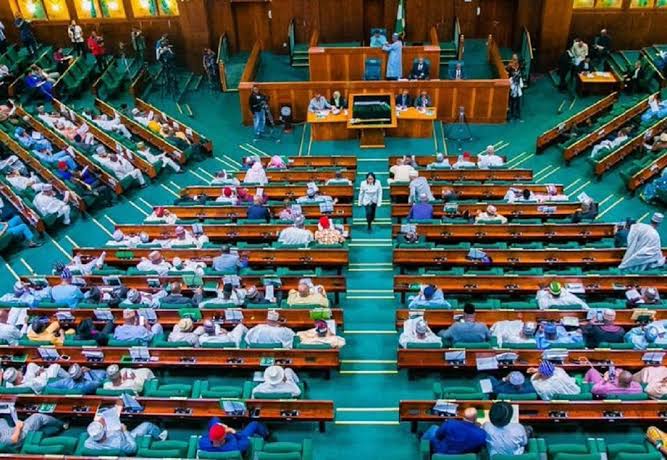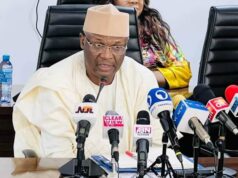The House of Representatives has announced a six-month salary cut of 50% to aid the federal government with ₦648 million for tackling food insufficiency and soaring food prices.
This decision was made during a plenary session in Abuja after a motion was moved by Ibrahim Isiaka (APC-Ogun State).
 Advertorial
Advertorial
However, the Nigeria Labour Congress (NLC) and various civil society organizations, including ActionAid and Yiaga Africa, were quick to criticize the move.
They argued that the primary issue lies not in the lawmakers’ salaries but in their substantial allowances, which they suggested should be halved to have a meaningful impact.
 Advertorial
Advertorial
Following the resolution, the House also appealed to Nigerians for patience with President Bola Tinubu’s administration in addressing the nation’s challenges.
The motion emphasized the need for peace, constructive dialogue, and cooperation to resolve ongoing issues, including insecurity, unemployment, and poverty.
Deputy Speaker Benjamin Kalu, who supported the salary cut motion, stated that protests would not solve the hunger problem.
 Advertorial
Advertorial
Instead, he called for support of government policies, emphasizing the need for sacrifices during these tough times.
Despite the lawmakers’ gesture, the NLC and other civil society leaders voiced their dissatisfaction.
An anonymous NLC leader highlighted that the real issue is the lawmakers’ allowances, which far exceed their salaries.
The leader suggested a permanent reduction in allowances until the economy improves.
 Advertorial
Advertorial
Yiaga Africa’s Executive Director, Samson Itodo, described the salary cut as symbolic but insufficient.
He stressed the need for the National Assembly to hold the executive accountable for economic policies and focus on reducing commodity prices.
Andrew Mamedu, Country Director of ActionAid Nigeria, acknowledged the step as positive but minor.
He emphasized the necessity of addressing allowances, constituency projects, and overall government expenditure.
 Advertorial
Advertorial
Mamedu called for a comprehensive reduction in the cost of governance, aligning with public expectations.

















